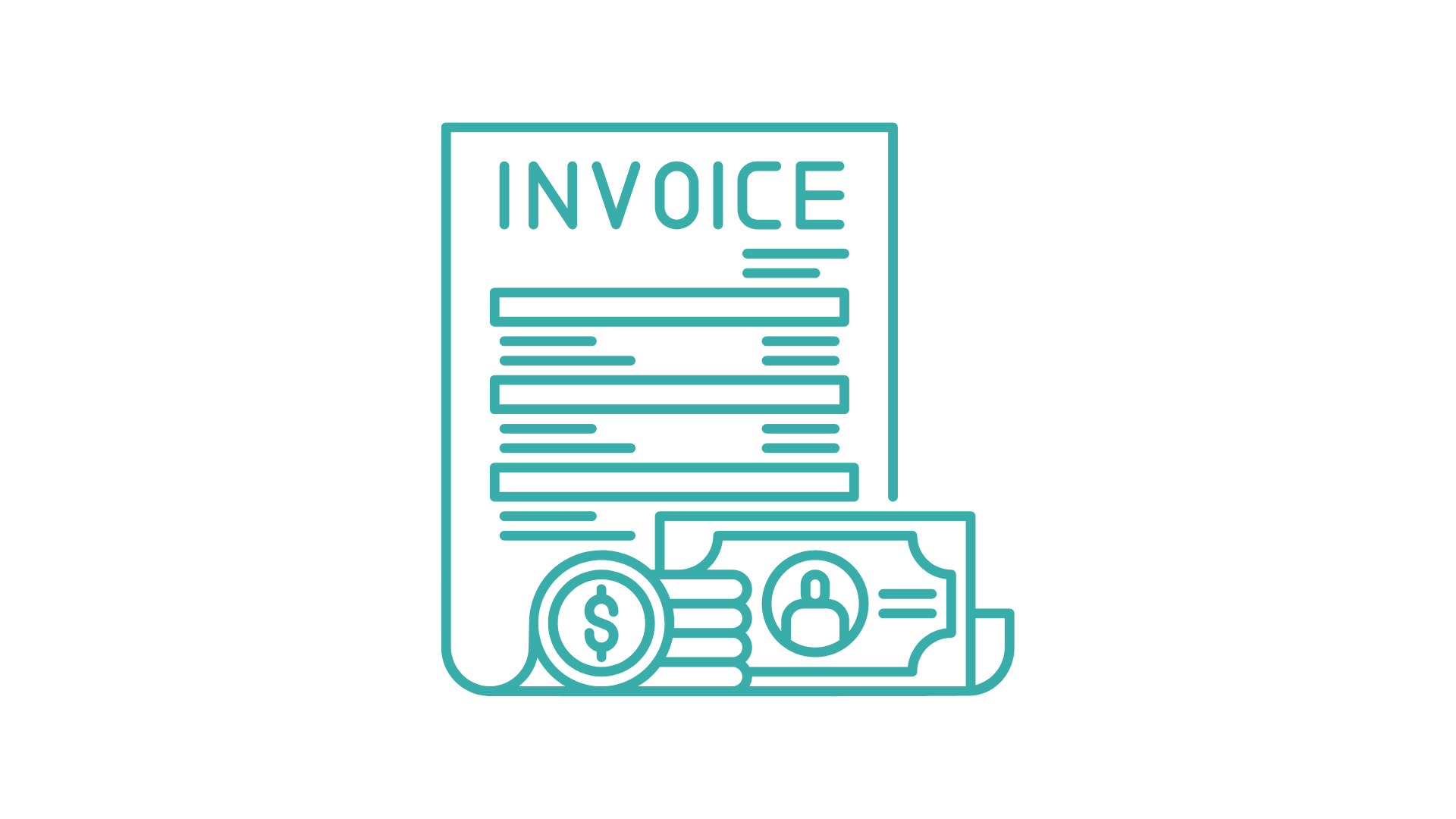The SME sector includes micro, small and medium-sized enterprises. A small company employs from 10 to 49 people and its turnover is a maximum of EUR 10 million. In Poland, there are over 50,000 small companies, which constitute approximately 2.4% of all enterprises. Keeping accounting is an obligation of every company, regardless of its size. We check what is the best accounting for small companies in Poland.
Small company and the form of taxation
Choice forms of taxation depends on the type of business:
- sole proprietorship – the entrepreneur can choose between taxation according to the 12% or 32% tax scale, a flat tax 19%, a lump sum on recorded income or a tax card,
- limited partnership, limited joint-stock partnership, limited liability company, joint-stock company, simple joint-stock company – the company is subject to corporate income tax (CIT), which is 9% (for small taxpayers and new companies) or 19% (basic rate),
- a partnership – the company is not a taxpayer, and the tax is paid by partners who can choose between a flat tax or taxation according to a tax scale,
- partnership – the company is not a taxpayer, and the partners' income is subject to personal income tax (PIT),
- general partnership – the company is not a taxpayer, and the tax is paid by the partners (unless the partners are not only natural persons).
The form of taxation is selected in the process company registration and choosing the type of business. It is worth contacting at this stage accounting office, which will help you register your business and choose the most profitable taxation. Once the form of taxation is selected, you can change it – however, this must be done within a certain time limit.
[accounting_banner]
Small accounting for small businesses
Simplified accounting, i.e. the so-called small accounting is the most frequently chosen accounting for small companies:
- companies taxed with a flat tax or according to a tax scale operate book of revenues and expenses (KPiR), where all company revenues are recorded and costs,
- companies taxed at a flat rate operate revenue records, which includes only business revenues,
- companies taxed with a tax card are not obliged to keep accounting (from 2022, only taxpayers who continue to tax in this form can use the tax card).
To conduct small accounting in the form of KPiR, revenues for the previous year cannot be higher than EUR 2 million – after exceeding this amount, you should switch to full accountancy. Only natural persons who run:
- sole proprietorship,
- company inherited,
- civil partnership of natural persons,
- civil partnership of natural persons and inherited enterprises,
- general partnership of natural persons,
- partnership company.
Can a small company keep full accounting?
Full accounting involves keeping accounting books and it is mandatory for commercial law companies (limited liability companies, joint-stock companies, limited partnerships, limited joint-stock partnerships and simple joint-stock companies) and for other entities whose net revenues for the previous financial year exceeded EUR 2 million.
Full accounting can also be performed freely with revenues below the limit of EUR 2 million. However, such a decision must be notified to the tax office before the start of the financial year (e.g. in the form CEIDG).
This is the most complex form of records, most often kept by large companies, but there is nothing stopping you from implementing it in a small enterprise. All economic operations must be recorded in the accounting books, which requires knowledge and meticulousness. Companies that provide full accounting use our services in most cases accounting offices, which offer modern online accounting.
FAQ – Frequently asked questions and answers
What are the advantages of keeping full accounting in a small company?
Full accounting allows you to effectively analyze the company's financial situation, and meticulous accounting makes it easier to control company expenses and costs. It also has the advantage of providing information that improves the planning of future investments in a small company.
What are the disadvantages of keeping full accounting in a small company?
Full accounting is more complicated and time-consuming than small accounting. It also requires specialist knowledge, regular monitoring of tax amendments and preparation of financial reports. Maintaining full accounting also requires the support of an experienced accountant.
Small accounting or full accounting – what to choose?
Small companies whose revenues do not exceed EUR 2 million most often decide to keep simplified accounting, although it does not provide as much information as full accounting. You can entrust full or small accounting to specialists Open Profit accounting office, who also offer advice on the form of taxation, VAT registration and issuing invoices.


